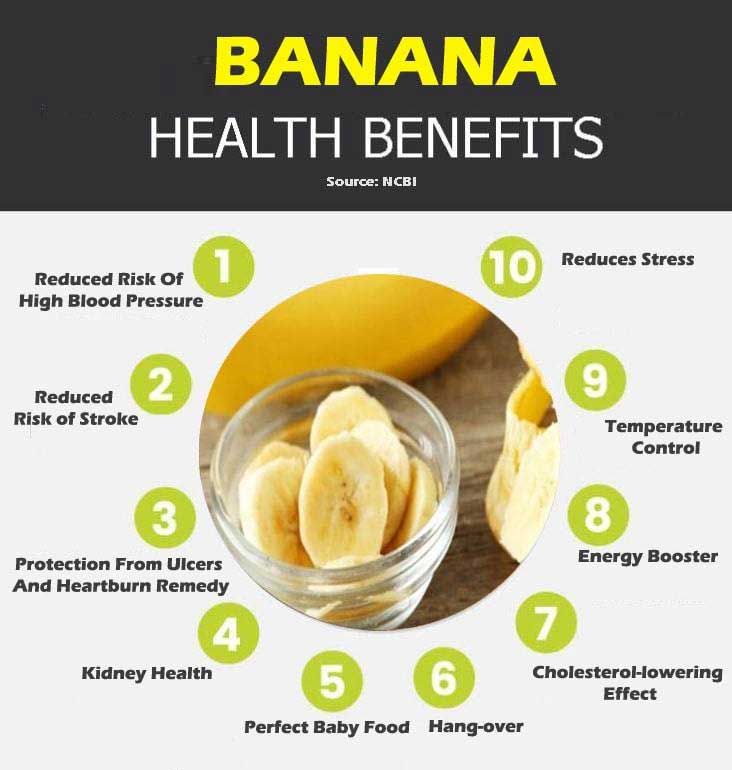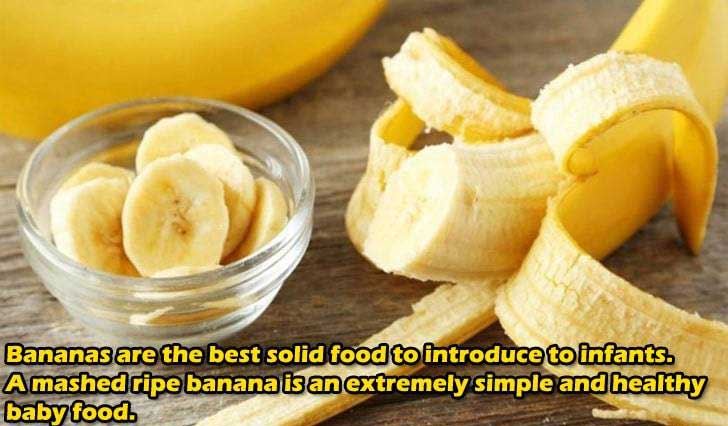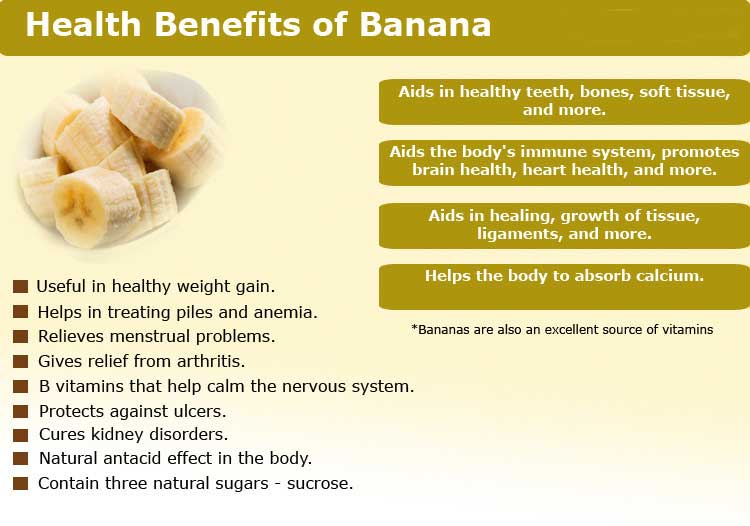Banana; when water is not limiting, growth is determined by temperature.
Grown along the wetter, coastal fringe in Australia, the ocean’s warming influence allows bananas to be grown within subtropical climates – 20° to 30° south of the equator – although growth does slow significantly during winter.
Bananas, mainly to be a tropical plant although in some micro-climate subtropical climate can be grown in the conditions.
What is Banana?
Banana has been called “The world’s most perfect fruit.” They’re high in potassium, low in fat, and a good source of vitamins and fiber. They’re also one of the few fruits available year-round.
Today’s sweet yellow banana is a mutant strain of the plantain, a starchy red-green cooking banana that is boiled, fried, or ground for use in staple dishes worldwide.

Nutritional Value of Banana
Bananas are an excellent source of potassium. Potassium can be found in a variety of fruits, vegetables, and even meats, however, a single banana provides you with 23% of the potassium that you need daily.
Potassium benefits the muscles as it helps maintain their proper working and prevents muscle spasms.
Also, recent studies are showing that potassium can help to decrease blood pressure in individuals who are potassium deficient. Potassium also reduces the risk of stroke.
Bananas are also an excellent source of vitamins, including:
- Aids in healthy teeth, bones, soft tissue, and more.
- Aids the body’s immune system, promotes brain health, heart health, and more.
- Aids in healing, growth of tissue, ligaments, and more.
- It helps the body to absorb calcium.
Banana provides you with many health benefits, but in addition to all of that, most people enjoy eating bananas as well.
They can be eaten alone or combined with a fruit salad, added to jello, or made into a smoothie or a milkshake.
They are one of the most affordable fruits in the marketplace and can be found year-round nearly everywhere in the world!
14 Proven Health Benefits Of Banana
Reduced Risk Of High Blood Pressure
Bananas are one of the best sources of potassium, an essential mineral for maintaining normal blood pressure and heart function.
A medium-sized banana provides 350 mg of potassium. The effectiveness of potassium-rich foods in lowering blood pressure has been demonstrated by several studies.
The US Food and Drug Administration has allowed the banana industry to make official claims for the fruit’s ability to reduce the risk of blood pressure and stroke.
According to the FDA, “Diets containing foods that are good sources of potassium and low in sodium may reduce the risk of high blood pressure and stroke.” Plus, potassium helps your body maintain normal fluid and electrolyte balances in the cells.

Reduced Risk of Stroke
Scientists suggest that people with a low amount of potassium in their diet may have an increased risk of stroke.
A study of 5,600 people aged over 65 found that those with the lowest intake of the potassium were 50% more likely to suffer a stroke.
High-potassium foods, like bananas, may lower the risk of stroke, but researchers say that more studies are needed to confirm whether increasing potassium in the diet can prevent strokes.
Protection From Ulcers And Heartburn Remedy
Bananas have long been recognized for their antacid effects that protect against stomach ulcers and ulcer damage.
A flavonoid in the banana, leucocyanidin, has been found to significantly increase the thickness of the mucous membrane layer of the stomach.
Since bananas help to neutralize acidity, they are also a great way to get rid of heartburn. In an animal study, a simple mixture of banana and milk significantly suppressed acid secretion.
Kidney Health
Bananas promote an overall improvement of the functional efficiency of kidneys. Benefits to the kidneys are again due to the high potassium content of bananas.
A normal intake of potassium suppresses calcium excretion in the urine and minimizes the risk of kidney stones.
The results of the Swedish population-based prospective study (13.4 years) of 61,000 women aged 40-76, show that women eating more than 75 servings of fruits and vegetables per month (which translates into 2.5 per day) cut their risk of kidney cancer 40%.
Among the fruits, bananas were especially protective. Women eating bananas four to six times a week halved their risk of developing the disease compared to those who did not eat this fruit.

Perfect Baby Food
Bananas are the best solid food to introduce to infants. A mashed ripe banana is an extremely simple and healthy baby food.
Potassium, Fiber, Calcium, Magnesium, Phosphorus, Selenium, Iron, Vitamins A, B2, B6, C, E, Niacin, Folate, and Pantothenic Acid. Furthermore, bananas are very easy to digest and rarely cause allergic reactions.
Bananas are part of the BRAT diet, a diet many physicians recommend for children recovering from gastrointestinal problems, particularly diarrhea.
A recent study found evidence that a higher consumption of bananas and apple juice from concentrate may protect against wheezing in children.
Hang-over
One of the fastest ways to cure hang-over is to make a dairy banana cocktail with milk and honey. Bananas are known to calm an upset stomach and help rehydrate your body. Banana with the honey builds up the depleted blood sugar levels, providing some energy.
Watch Video: Health Benefits Of Banana
Cholesterol-lowering Effect
Animal studies have shown that banana has the potential to lower cholesterol. It was suggested that the dietary fiber component in banana pulp was responsible for its cholesterol-lowering effect.
The amount of dietary fiber in a banana is relatively constant during banana ripening.
Energy Booster
Bananas contain three natural sugars – sucrose, fructose, and glucose combined with fiber. Potassium is also essential for helping muscles to contract properly during exercise and reduces cramping up.
A banana gives an instant, sustained and substantial boost of energy. Research has proven that just two bananas provide enough energy for a strenuous 90-minute workout.
Depression
According to a recent survey undertaken by MIND amongst people suffering from depression, many felt much better after eating a banana.
This is because bananas contain tryptophan, a type of protein that the body converts into serotonin, known to make you relax, improve your mood and generally make you feel happier.
PMS
Forget the pills – eat a banana. The vitamin B6 it contains regulates blood glucose levels, which can affect your mood.
Anemia
High in iron, bananas can stimulate the production of hemoglobin in the blood and so helps in cases of anemia.
Temperature Control
Many other cultures see bananas as a “cooling ” fruit that can lower both the physical and emotional temperature of expectant mothers.
In Thailand, for example, pregnant women eat bananas to ensure their baby is born with a cool temperature.
Heartburn
Bananas have a natural antacid effect in the body, so if you suffer from heartburn, try eating a banana for soothing relief.
Reduce The Rate Catching Asthma of Children
A survey incidentally found that banana intake might be beneficial for asthma symptoms. Bananas have long been recognized for their health benefit.
For example, a recent study suggested an inverse relationship between cancer and banana intake, but the present study is the first to show a link between wheeze and intake of bananas in young children, although a clear dose-response relationship was not observed.
One explanation for this link might be their antioxidant content.
Bananas have a higher content of water-soluble phenolic acids than other fruits, including apples, and could plausibly reduce asthma inflammation.
Furthermore, bananas have been shown to increase the absorption of other nutrients and are rich in pro-vitamin A carotenoids, which have been shown to protect against some chronic diseases.
Additionally, they are one of the best sources of potassium, which has been reported to be negatively related to lung volumes and flows in children.
Adverse Effects
High carbohydrate presence combined with tryptophan content in this fruit is feared to affect the user’s state of awareness influencing brain activity and bringing sleepiness.
Migraine headaches may be aggravated by the consumption of bananas and alcohol. Hence, the consumption of bananas is not advisable with alcohol.
Consumption of bananas may have allergic reactions in a few people. Bananas also contain a lot of fiber. Eating too much fiber can lead to bloating, gas, and stomach cramps.
Unripe or green bananas are rich in resistant starches, which can increase the risk of constipation. A ripe banana, on the other hand, can help alleviate constipation.
High potassium foods such as bananas should be consumed in moderation when taking beta-blockers.
Consuming too much potassium can be harmful for those whose kidneys are not fully functional. If your kidneys are unable to remove excess potassium from the blood, it could be fatal.

